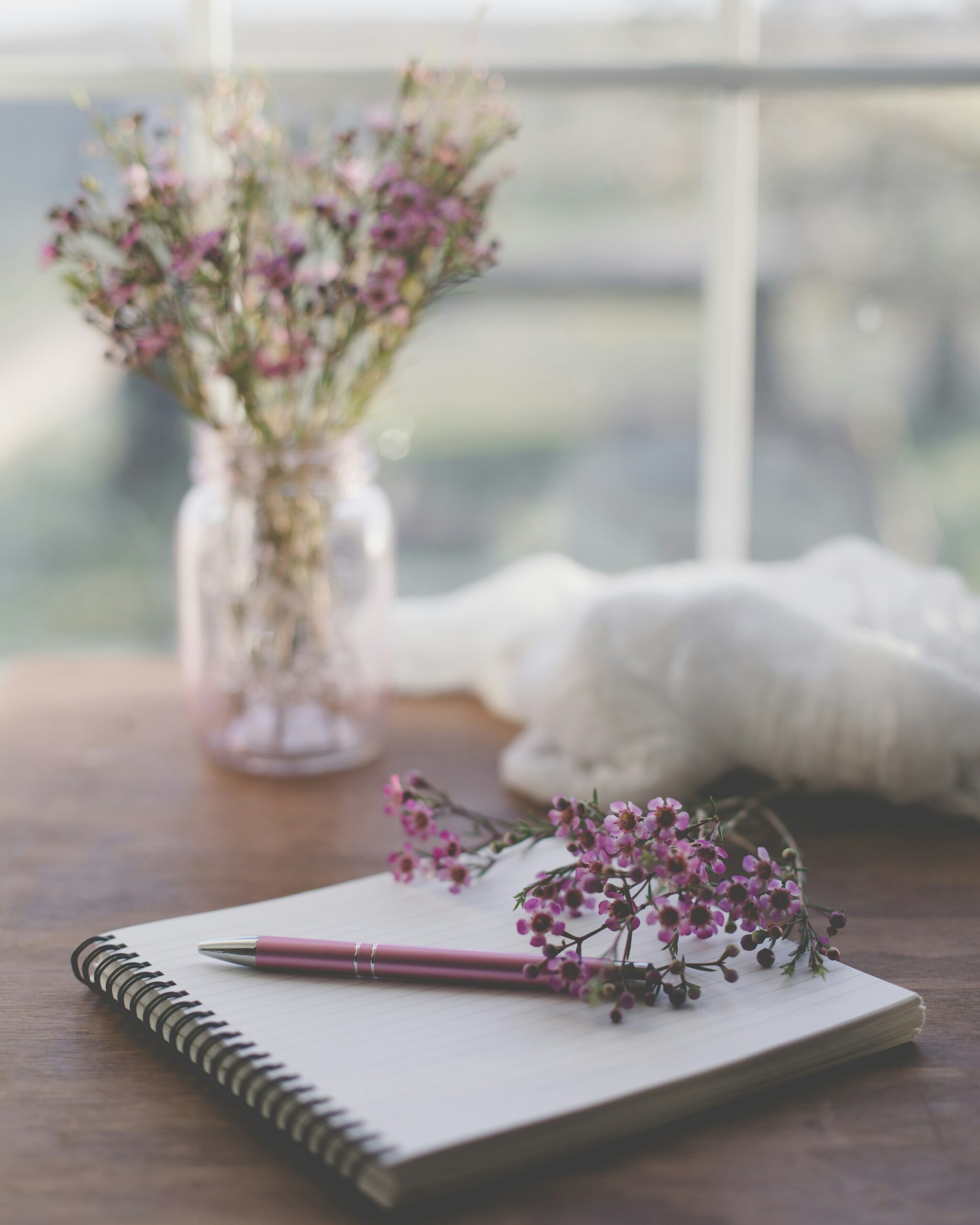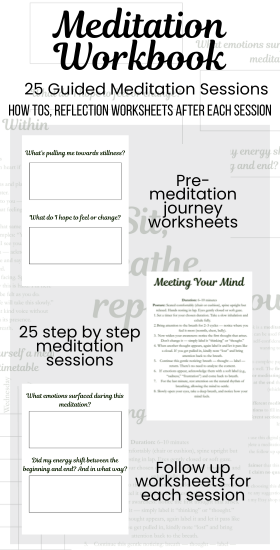Why and What is Journaling?
Journaling is the routine practise of collecting your thoughts through words or diagrams, whether this is done with pen and paper or using an app. This allows people to explore their inner self, understand their emotions more and express things that they don’t always feel comfortable expressing to anyone around them. All in all, journaling is an outlet for emotions that gives relief to your mental health. It allows for an allotted time every day or week or month where you can summarise what happened and how it impacted your mental health.
What to Write when Journaling
Goals and Ambitions – having a focus in your life is so useful in centring your mental health. It can boost your motivation and give you reason for all the hard things you go through/have gone through in life. Not only that, but it means that in the future you can look back at how many goals you have achieved since you first wrote them down. These goals can be anything and it is often best to have goals that aren’t too hard to achieve, so that you can feel the satisfaction of completing a goal more frequently.
Values – as you’re reflecting on what has happened that day, consider values that you used or thought of or picked up along the way. This can help you feel in control of who you are, and teaches you which values you maybe talk about more than you act upon; giving you the chance to grow as a person (without harsh judgement!).
Gratitude – write down things you are grateful for. This can be things you thought of during the day or whatever comes to your mind as you write and reflect. Being grateful for what you have can be a great way to have perspective and feel better about who you are and where you are in your life. Perspective is often lost these days, especially with social media (How social media Impacts your Stress), and how busy people’s lives are. Journaling is a great way to gain perspective.
Highlights – the basis of a lot of people’s journaling is noting what they did that day, however this can be expanded upon by including things that you did which improved your mental health. This gives yourself recognition for difficult things you did that day, and also motivates you to do things during the day specifically to benefit your mental wellbeing. You can also keep track of symptoms you had that day – if you have health anxiety this can be good to ensure you don’t forget what your symptoms were and when. Equally, you could record your diet, your food intake it central to how your body functions, read What to Eat for a Calmer Mind and Body to learn more.
Visuals – sometimes it can be easier to describe your emotions with diagrams. It can also make it easier for you to understand how you were feeling when you look back through your diary pages. Some people’s brains are more visual than others so if you’re struggling to find your words, picture the scene or the emotion in your head and draw it! If you’re stuck on what to draw, consider giving each emotion an animal or colour or food and draw it alongside words – or change the colour of the writing depending on the emotion behind it!

Benefits to Journaling
Reduces Stress
Helps prioritise problems
An opportunity for self talk and self affirmation
To boost these benefits check out:
Best Mindfulness Techniques to Reduce Stress, Why some Stress is actually Good for You
Steps to achieving your journaling routine
01
Choose a time
Pick a time that you know you can keep consistent. If it doesn’t bother you to write in public, then write when you’re on public transport, or if you want a quiet space, a lot of people write first thing in the morning or last thing before bed. Or both! In the morning you can plan out what you want to achieve that day which can boost your motivation, and in the evening you can consolidate what has happened, what you managed to achieve and where you think you could’ve done better.
02
Choose a place
This has to be a place where you can find comfort and relax. In the beginning you can try out lots of different places to see which you like best. Here are some examples: if you like the outdoors and have a nearby park then find a quiet place to write within nature, if you’re happy to use your average desk/kitchen table then go ahead!, is there a comfy armchair or sofa that brings you comfort? or maybe you write best tucked up in bed with a hot chocolate!
03
Choose a medium
It can feel a lot more tangible if you use pen and paper, but there are a lot of pros to using apps too. If you want to journal on the go then being able to journal on a smartphone is ideal. You’ll be less likely to lose or damage your journal this way, plus is means you’re less likely to forget it and you have the freedom of journaling anywhere! This is a great option if your lifestyle means you’re constantly moving around.
04
Have an aim
To keep a strong flow of motivation it is important to have an end goal to your journaling. For a lot of people, journaling is about understanding their emotions on a deeper level, and having more insight into who they are as a person, but people also use journaling to keep a record of what they’ve been doing and to have a way of expressing all their emotions in private. Write down your aim in your first pages of your journal, and consider what you can to specifically push you to complete this goal.
05
Summary of what to write
Life ambitions, values and opinions that have cropped up during the day, reflections on gratitude and what you could be more grateful for, what you’ve done that day and what you want to do tomorrow or in the foreseeable future, adding any diagrams or doodles if you’re taking a more visual approach. The key here is to minimise judgement, we often already spend too much time comparing ourselves to others, so keep self-judgement to a minimum.
06
Don’t give up!
All of this hard work and set up is useless unless you can keep the routine of journaling going until it becomes a concrete habit in your life. There are a lot of techniques to making something a habit, and it can be really useful in all areas of your life, whether it be meditation, sport, diet or getting up earlier in the morning. Here are some great ways to manage your time in order to maximise your chance of making this routine a habit: Time Management Tips to Reduce Stress.







